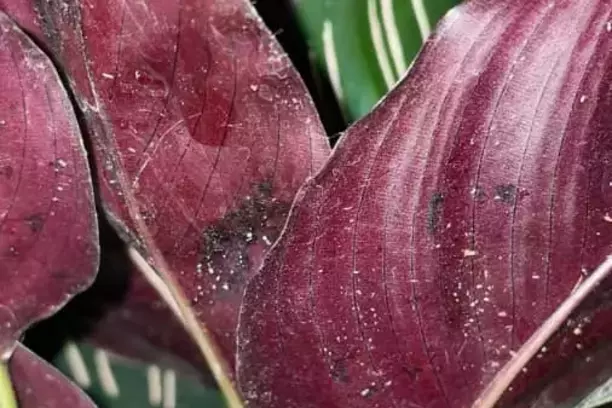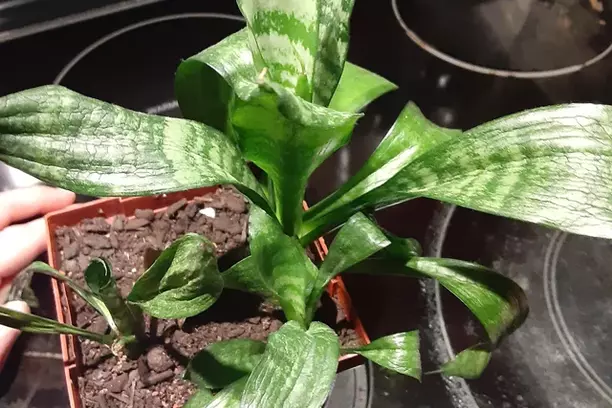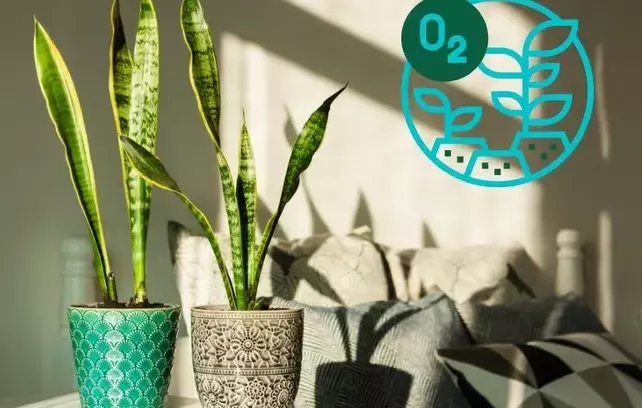Do deers love to visit your garden and eat your favorite crops?
These mammals may be big and can trample all over your garden but wired-ugly fences are not the only solutions to keep these deers away.
Don’t compromise beauty for functionality. Have both with these (3) three natural ways to keep deers out of your garden.
1. Know the plants that deers hate (& love)
Let’s get to know our deer friends, shall we? (Get it?)

The main reason why deers end up in our garden is that they want to feast on our homegrown crops. When deers look for food, they utilize their sense of smell and taste.
Three (3) characteristics of plants they LOVE to eat
Sweet-tasting plants
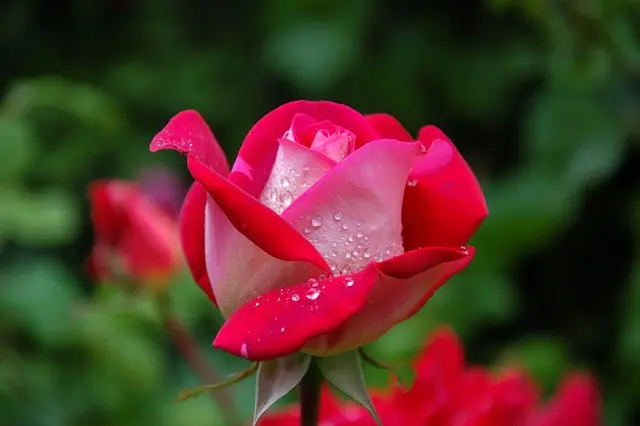
Similar to our sweet-toothed friends (this includes me), they love to eat plants that have sweet-tasting leaves and flowers. Examples of these plants are hydrangeas (Hydrangea macrophylla) and roses, which are the equivalent of candies to us.
Smooth-textured stems and flowers
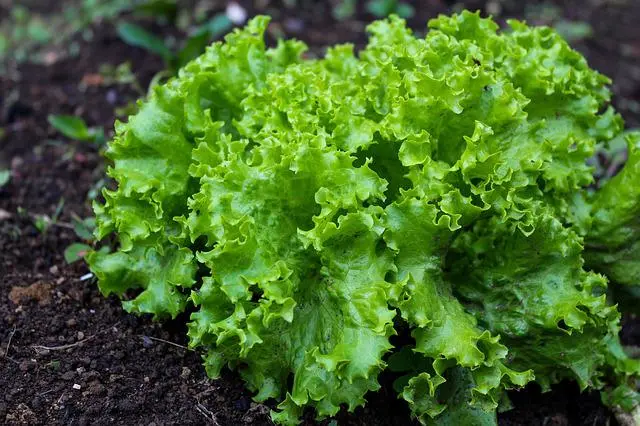
If they were us, they would prefer their steak medium rear. These herbivores love smooth and soft textured plants that are easy to chew. Examples include plantain lily, English ivy, and lettuce. Because of this, they love to feast on your new-grown plants rather than your senior-citizen ones.
Sweet and light smell
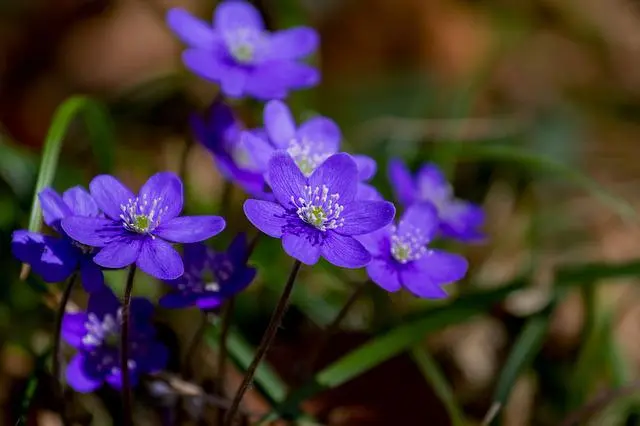
They love plants that don’t smell like your friend who puts on too much perfume or essential oil. Deers prefer plants with light and soft fragrances like dahlias, violets, and pansies.
Now that we’re finished with their favorite edibles, on to our main objective which is to keep deers out of our vegetable gardens by knowing the plants they hate!
Three (3) characteristics of plants they HATE to eat
Heavily pungent-smelling crops
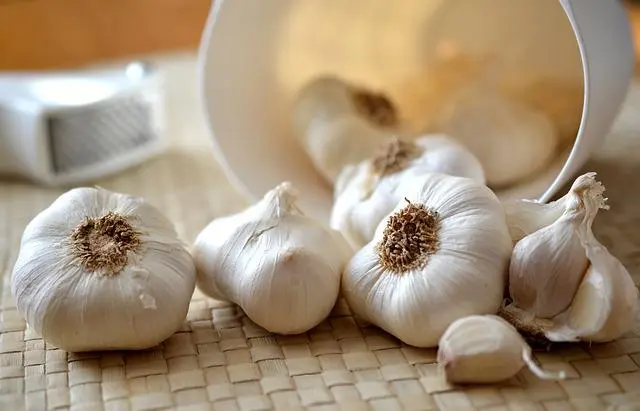
There are two reasons why they hate pungent plants.
Firstly, they rely on their nose to search for food to eat so when they smell a strong scent they don’t like, they would not go near it. This includes bitter, medicinal, and garlicky-flavored scents. Sadly, they would never get to experience how good garlic tastes.
Secondly, these smells could stick to their fur making them more noticeable and the perfect prey for predators. All the more reason why they would not go near these crops.
Examples include mint, lavender, onion, and garlic.
Hairy or fuzzy-textured plants
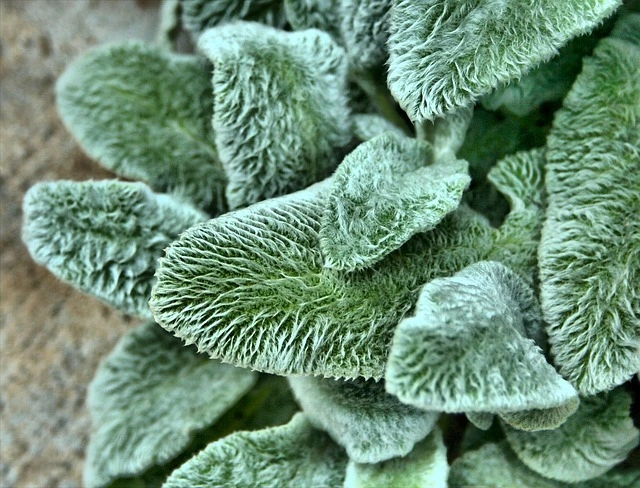
They don’t like hair or fuzzy-textured plants. This is because while trying to enjoy their meal, the texture annoys their mouth and tongues. Plants with small bristles on their leaves and stems are a no-no for deers. Examples of these plants are zucchini leaves, lamb’s ears, and borage.
Prickly stems and leaves
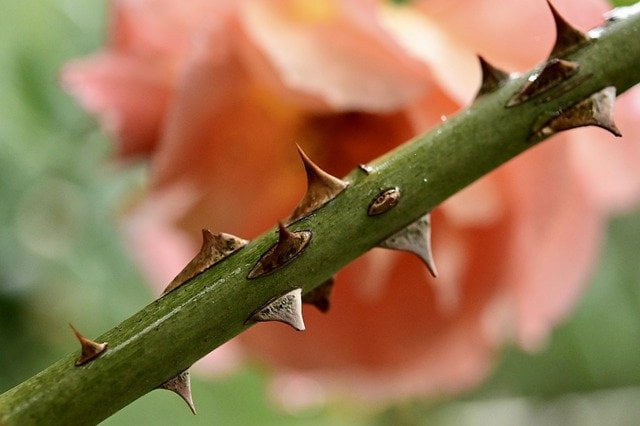
Eating through thorns would result in a deer’s mouth bleeding and so why would they like that? This includes plants that have spines on their leaf or thorns on their stems like aloe vera, roses, dragon tree (Dracaena marginata), and blackberries. These smart stags may eat around the prickly areas, like in the case of roses, but all-in-all, they avoid these plants.
Plant these crops in areas you want to shield, either on the outer layer of your entire garden or specific plants they like to eat.
Next time a deer comes for a buffet, they would think twice about going near your plants again!
2. Use homemade deer repellents
Once again, let’s utilize their greatest asset, heightened sense of smell and taste, to our advantage!
There are many deer repellents but most that were found to be effective have (2) characteristics:
Pungent smells

They hate bitter, medicinal, and garlicky-flavored scents. If you would rather not plant crops with these smells, you can always incorporate them either by making a vinegar or garlic spray or sprinkling soap in your garden.
Be mindful of using certain ingredients since they may harm the health of your plants. Vinegar, for instance, is effective but bad for your plants since it can kill them. Do not spray this directly onto your plants but to the surrounding areas instead like a rock or the pot.
Sticking and long-lasting effect
Deers would hate for them to smell bad too!
Not only does this ruin their soft and kind-hearted image, it would also make them the best meal for wild predators found in the forest.
Use repellents consistently so that they won’t be coming back. Consistency is the key!
Not every repellent will work right away so experiment, observe, and switch from different types of repellent every so often. Check on their favorite pants in your garden to see if the repellent bears good results.
3. Use effective scare tactics
The most unconventional ways of repelling deers could also be the most effective. Deers don’t like bright lights and humans. They would rather sneak to eat your plants at night. Not to worry since these methods will surely not have them coming back for a slumber party!
Here are 3 (three) ways to frighten Rudolph’s distant cousins:
Spotlight! Motion-sensitive lights

Install a motion-sensitive, equipped with an infrared sensor, floodlight in your garden. When a deer tries to go near your plants, they would be given the spotlight, scaring them and making them run away. Sorry deer, your solo performance is not happening in this garden.
Bath time! Motion-activated sprinklers
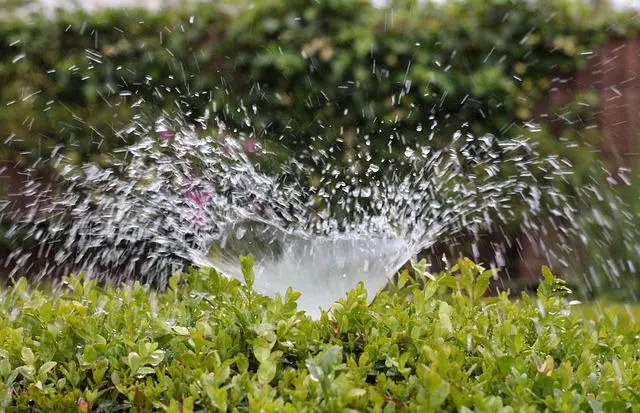
Motion-activated sprinklers hit two birds with one stone, hydrating your plants and scaring away deers who try to chew on your babies. When they try to approach your garden, the sprinkler would wet, startle, and have them running away.
Search for sprinklers with infrared sensors so that they work at night too! If the sprinkler is not big enough to reach your whole garden, switch it up and place it frequently in targeted areas.
Clink clank! Wind chimes and tin cans
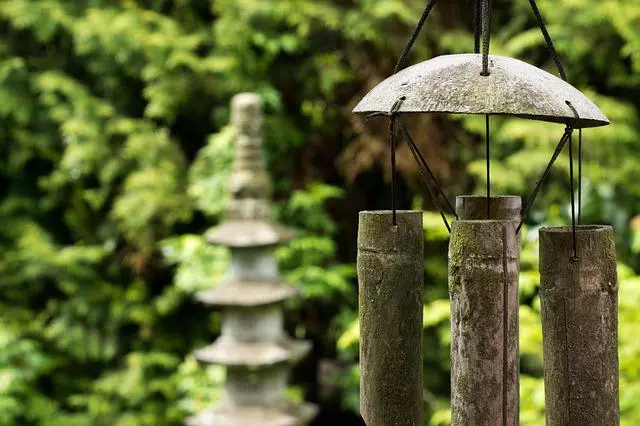
Aside from their sense of taste and smell, their hearing is sensitive too!
Hang wind chimes in the branches of your trees to startle them every time they try to approach your garden. If you don’t have wind chimes, DIY them by stringing together tin cans using a fish line. These things may be noisy but better than losing your plants to these herbivores.
Deers get used to sounds when heard long enough so get creative and switch things up a while. Surprising them is your greatest asset in this deer vs garden battle.
Conclusion
Deers may be adorable but they can be one’s greatest foe when nurturing a garden. Just remember to stay resilient, consistent, and creative against these deers. Good luck always, fellow gardeners!
References
[1]. Landscape Plants Rated by Deer Resistance, accessed 20 April 2022, https://bit.ly/3OnNho6
